Welcome to Somerset Badger Group
The Somerset Badger Group is committed to conserving, protecting and promoting badgers, their habitats and resting places, along with other native wildlife, by education to, and support for, the wider public.
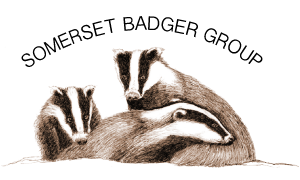
The Group was formed in 1989 by a group of wildlife enthusiasts particularly concerned for the welfare and conservation of badgers.
The Group is run and funded by volunteers and has a widely respected reputation for dealing with all sorts of badger related issues. It works closely with the Police, RSPCA, Natural England, planning and local authorities, and in partnership with other wildlife conservation organisations.
Since 2012 it has successfully run a badger vaccination initiative to support farmers who wish to combat Bovine TB in a sustainable way that does not include culling badgers.
It has a 24/7 Helpline that deals with a wide range of calls for help and information, particularly badger rescues and wildlife crime incidents, where the group’s extensive experience is invaluable.
Members enjoy a varied programme of events and regular training opportunities, and the Group supports and attends events arranged by other wildlife conservation organisations. New members are always welcome.
Badgers and their setts are protected by the Protection of Badgers Act 1992. This protection resulted from historic persecution of badgers, particularly where badgers were dug out and then baited by dogs (badger baiting). Badgers are not protected because they are endangered.
20% of calls made to the 24/7 Helpline relate to badgers needing rescue. The Group has a number of fully trained volunteers who are able to respond to these emergency calls for help. They rescue badgers injured on our roads or as a result of persecution, orphaned or lost cubs and badgers that are debilitated.
The Group is dismayed at the levels of badger and other wildlife persecution that persists in both our countryside and urban areas. In many cases domestic pets suffer at the hands of the perpetrators. Reports of badgers being shot, snared, poisoned and gassed, and damage to and blocking of setts are unfortunately a regular occurrence.
Read more about Badgers in need of help!
The European badger (Meles meles) belongs to the family of mammals known as the Mustelidae which includes the otter, weasel, stoat, pine marten and polecat. Badgers are nocturnal, have a distinctive black and white face and live in family groups called clans in a system of underground tunnels and nesting chambers known as a sett.
Badgers are low-set, have a distinctive black and white face and their body is normally silvery-grey with paler fur underneath. Adults are up to 75cm long with a short tail weighing on average 7-9kg in spring and 10-12kg in autumn.
Badgers are mostly nocturnal sleeping during the day and active at night using mainly their acute sense of smell and hearing. They are very social animals living together in family groups called clans of generally 4 or 5 individuals including a dominant male (boar) and dominant female (sow). They live in a system of underground tunnels and nesting chambers, known as a sett where they have been seen mutually grooming, playing, and scent marking each other. Fights can occur in particular when badgers are defending territory or if a dominant animal is asserting its authority. click here to see videos of badger behaviour including a video of badgers at their sett taken using a thermal imaging camera (our thanks in particular to Howard Bourne of Ammonite Limited)
Badgers mate at almost any time of the year, but because of an unusual reproductive technique, known as delayed implantation, they have only one litter of normally 2 or 3 cubs a year. Most cubs are born between January and March, are about 120mm long and weigh around 75g to 130g. They are covered in greyish-white silky fur and their eyes stay sealed for the first few weeks whilst they are suckled by the sow in an underground chamber. After about 12 weeks the cubs will start to be weaned by the sow and begin following her to learn how to forage for food. Click here to see video of a sow with her 3 cubs.
Although badgers are classified as carnivores their diet is very varied making them omnivores. When available earthworms make up the largest part of the badger’s diet, often as much as 60 per cent. They will also eat other invertebrates including slugs and snails, berries, fallen fruit, nuts, cereals, eggs, small mammals and birds (often taken as carrion) and they will dig out bees and wasps nests.
Setts vary from a single-entrance to large multiple entrance complexes with large piles of spoil and worn paths. Badgers will collect bedding such as grass or leaves which they drag backwards to the sett often leaving bedding trails.
Badgers usually defecate in dung pits, shallow holes a few centimetres deep. The colour and consistency of the faeces will vary depending on the type of food being eaten.
Badgers are creatures of habit and follow the same musk-scented trails with paths leading from setts often worn smooth.
Badgers have five claws, longer on the front and a kidney-shaped central pad. Look for them in soft mud or soil. Long guard hairs which are coarse and have a short dark section close to a lighter tip can often be found in spoil heaps at setts or where badgers have pushed under obstacles such barbed wire fences.
Badgers visiting gardens can be a wonderful opportunity to observe these amazing and resourceful animals. But sometimes they can cause problems. If you have a concern about badgers coming into your garden or if you think you may have a sett please call our 24/7 Helpline for help and advice.
Sadly a significant number of badgers die on our roads each year and often this is the only time many people see them. If you should see a dead badger on the road please report it by completing our on-line Badger Sighting form or by calling our 24/7 Helpline. If the badger is injured please contact our 24/7 Helpline immediately – see also BADGER RESCUE
If you want to feed badgers in your garden remember not to put too much out so they become dependent on your handouts. Badgers will eat peanuts, raisins, most soft fruits and bread spread with peanut butter and cut into small pieces. It is not advisable to put out sweet or dairy foods. Putting out fresh water, particularly during dry weather is also helpful.
You can find tips on how to watch badgers and where to see them by clicking here. You can also visit us on YouTube by clicking here.
Somerset Badger Group set up its badger vaccination project in 2012 to help farmers and
landowners by offering a responsible and scientifically proven cost-effective alternative to
culling. Funded entirely by donations and under licence from Natural England, our volunteers
have delivered badger vaccination on commercial farms and other landholdings in Somerset,
Devon, Gloucestershire and Wiltshire. We also collaborate with the National Trust, Avon
Wildlife Trust and Somerset Wildlife Trust to expand badger vaccination on their land. Interest
from other areas has increased and our project has continued to expand its operation, offering
low-cost badger vaccination. We have approved trainers who can deliver all the courses
required to train new potential badger vaccinators. If you would like to know more about
badger vaccination, how to get involved or about the training we can offer, please email:
vaccinations@somersetbadgers.org.uk
The money you donate will go towards the Somerset Badger Group vaccination & training programme. All vaccinations and training are carried out by volunteers who give their time for free. This amazing contribution, together with donations received, help the group to continue to offer responsible, cost effective badger vaccination.
An independent review of the government’s bTB strategy was carried out by Professor Sir Charles Godfray in 2018. It recommended re-examining cattle vaccination and that it was highly desirable to move from culling to vaccination of badgers.
Despite this the Government has persisted in rolling out the culls across 19 counties covering an area larger than Wales. Since 2013, 176,931 badgers have already been killed (16,856 in Somerset).
The Government’s response to the Godfray Review was published on 5th March 2020 and its top priority was to develop and deploy a cattle vaccine by 2025. It also intended increasing the use of more accurate bTB testing, strengthening controls over infected herds and incentivising farming best practices for managing bTB risks.
A 2022 YouGov poll showed that 85% of adults were against the badger cull as a bTB control
strategy. The badger culls have proved to be inhumane, ineffective, and very expensive for
taxpayers. This genuine concern for badgers has seen people from all walks of life getting together to exercise their democratic right to protest.
Vaccination of badgers and cattle has the potential to reduce bovine TB without the negative
impacts of killing cattle or wildlife. Our Group along with several Wildlife Trusts, the National Trust
and other badger groups are carrying out successful badger vaccination programmes.
This is a very contentious and complicated topic, which has been subject to much misinformation
and propaganda. The Group recognises that the loss of cattle and income which results from Bovine
TB can be devastating for farmers, and it continues to work with farmers offering low-cost badger
vaccination.
Our Group believes that Government must urgently progress cattle vaccination and increase the
funding available for badger vaccination to include the high-risk areas.
Learn to understand the biology of badgers and how they behave. Appreciate how their behaviour can be interpreted from field signs so that a simple walk in the countryside can be enriched by understanding these signs and what they mean.
Train to become a Lay Vaccinator with our own accredited trainers. Discover more by clicking here.
Search for badger setts and field signs with experienced surveyors. Record your findings to build up a picture of the badgers in your area. Learn about other wildlife, plants and habitats whilst outside. We even make sure you can read a map!
Gain from understanding and how the legislation contained in the Protection of Badgers Act 1992, and other related wildlife legislation, is applied. Appreciate the benefits of working with the Police and RSPCA. Learn how you can contribute to the protection of badgers and all wildlife.
The Group is run entirely by volunteers who contribute time, expertise, funds and more to help the badgers and communities of Somerset. Everyone who would like to volunteer and support us is welcome and will always be able to contribute something that helps our aims and objectives.
No matter how great or little the contribution it will be valued and helpful. We need a range of skills and attributes to support our work. Our membership spans a wide range of age and it has a multitude of abilities and experience. We are always very keen to help people grow in knowledge and confidence.
We also encourage all members to involve their families and friends, and many of our activities and events are open to non-members.
Anyone interested in joining us is welcome to come to a meeting or event without obligation. Try us and see before joining.
As a member of the Somerset Badger Group you would play a vital role in safeguarding Somerset’s badgers. With your help and support we will be able to help badgers by promoting their conservation, welfare and protection of badgers, their setts and their habitats.
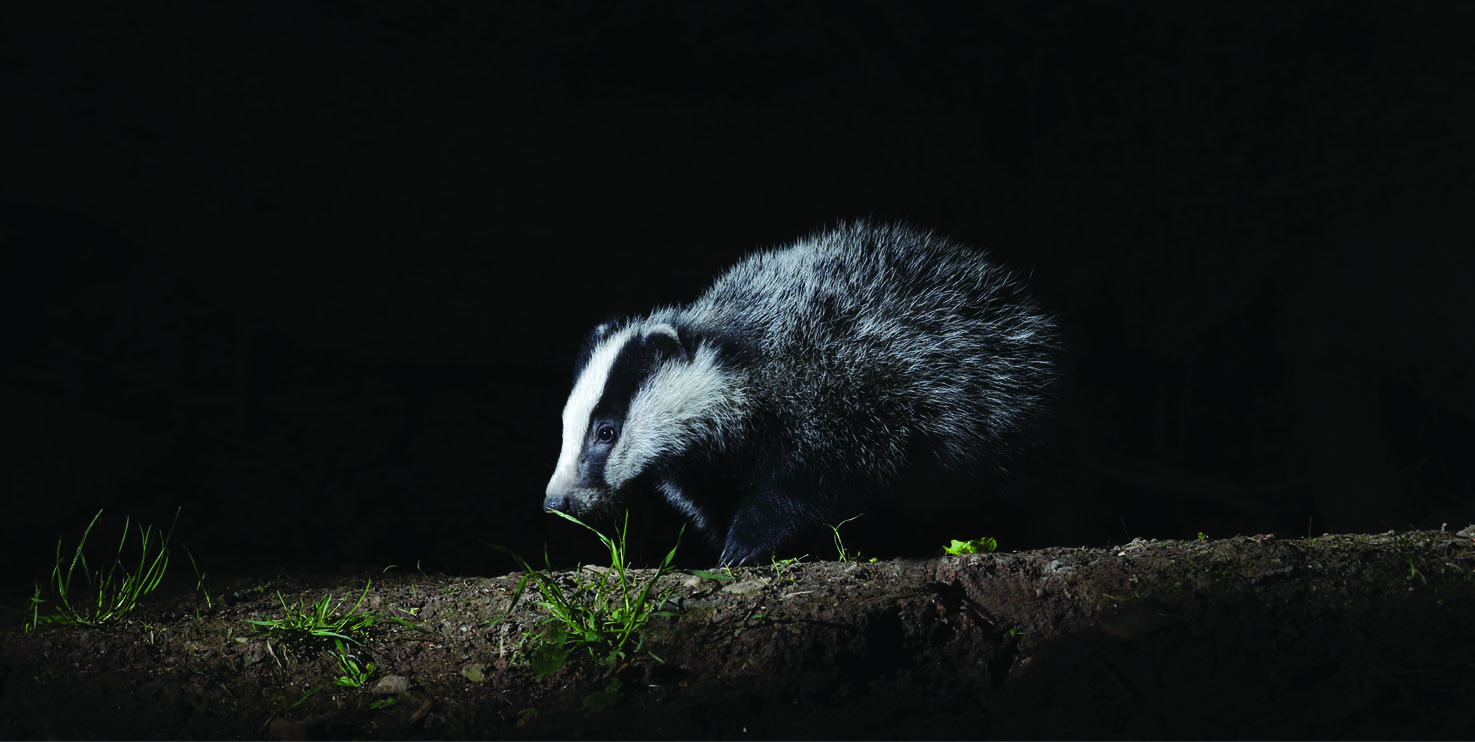
Somerset Badger Group's response to the Government 2024 Cull Consultation 2024
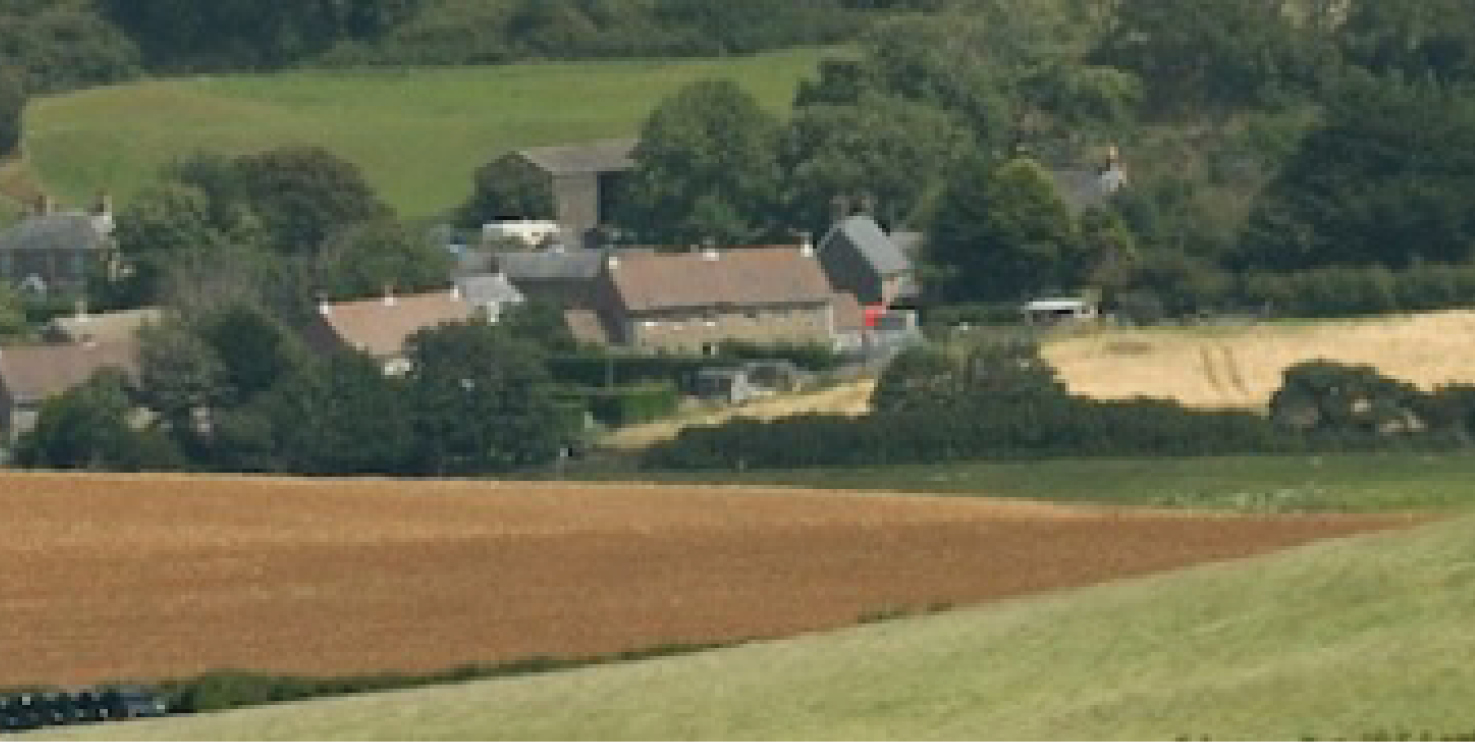
Somerset Badger Group's response to the Supplementary Cull Consultation 2024
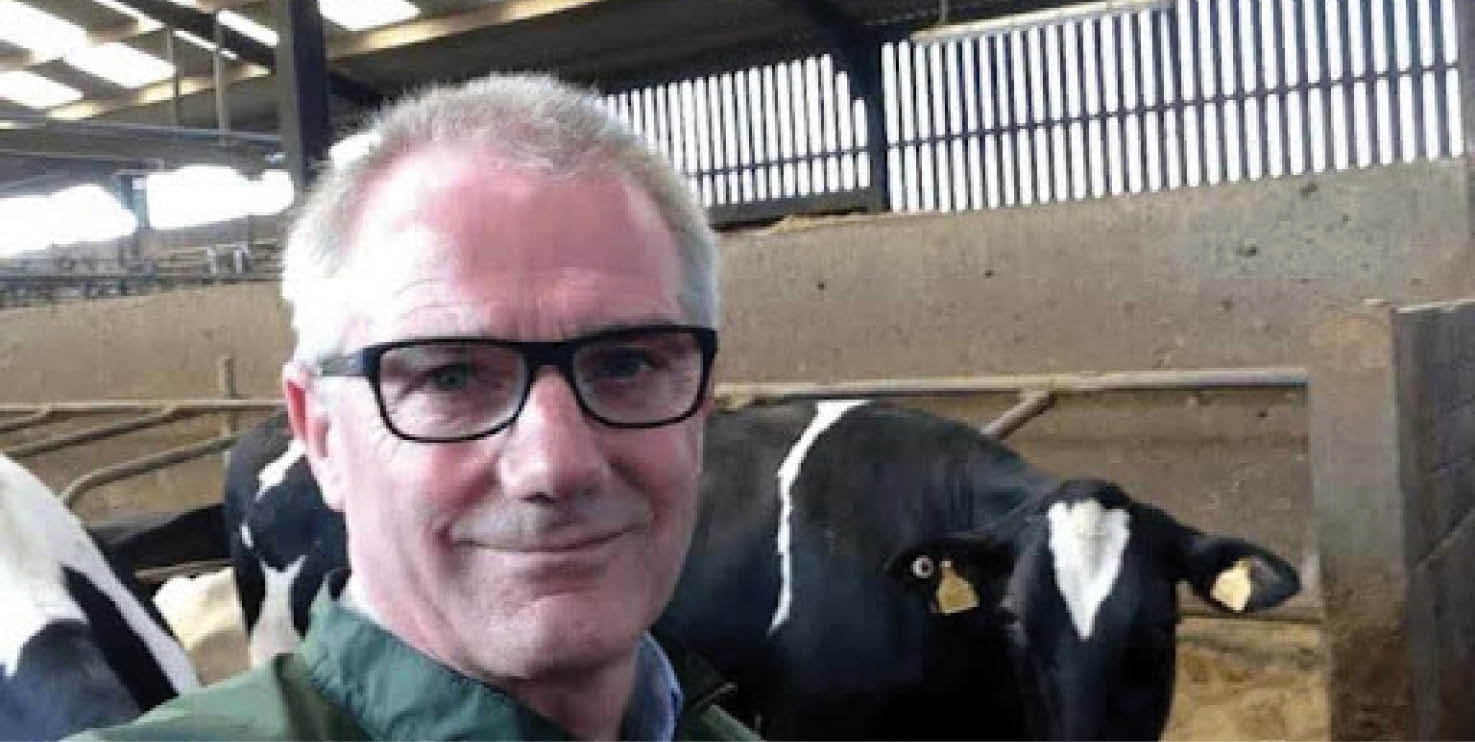
Uncertainty in bovine tuberculosis transmission routes – Dr Dick Sibley, Veterinary Surgeon BVSc HonFRCVS
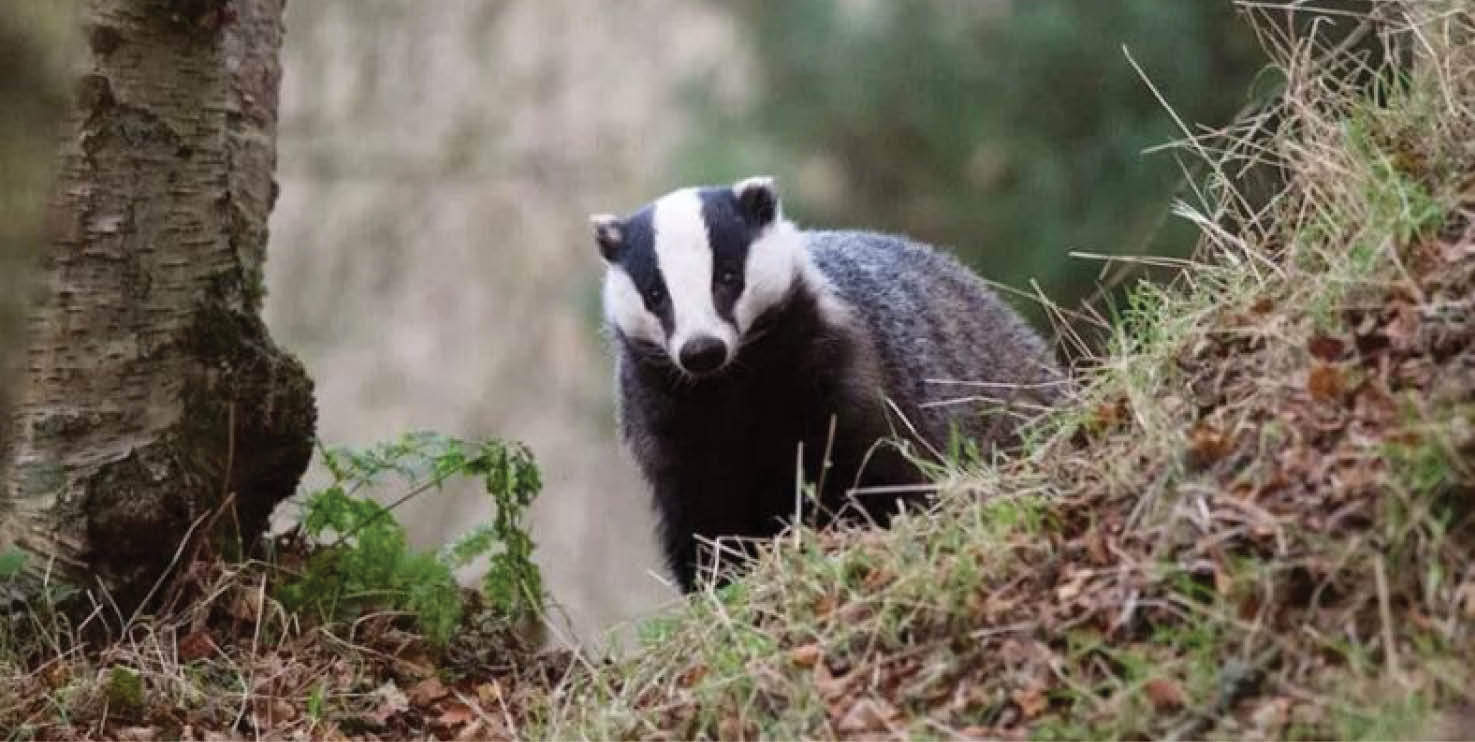
Freedom of Information requests show that badger control activities have been permitted in various nature areas since at least 2016.
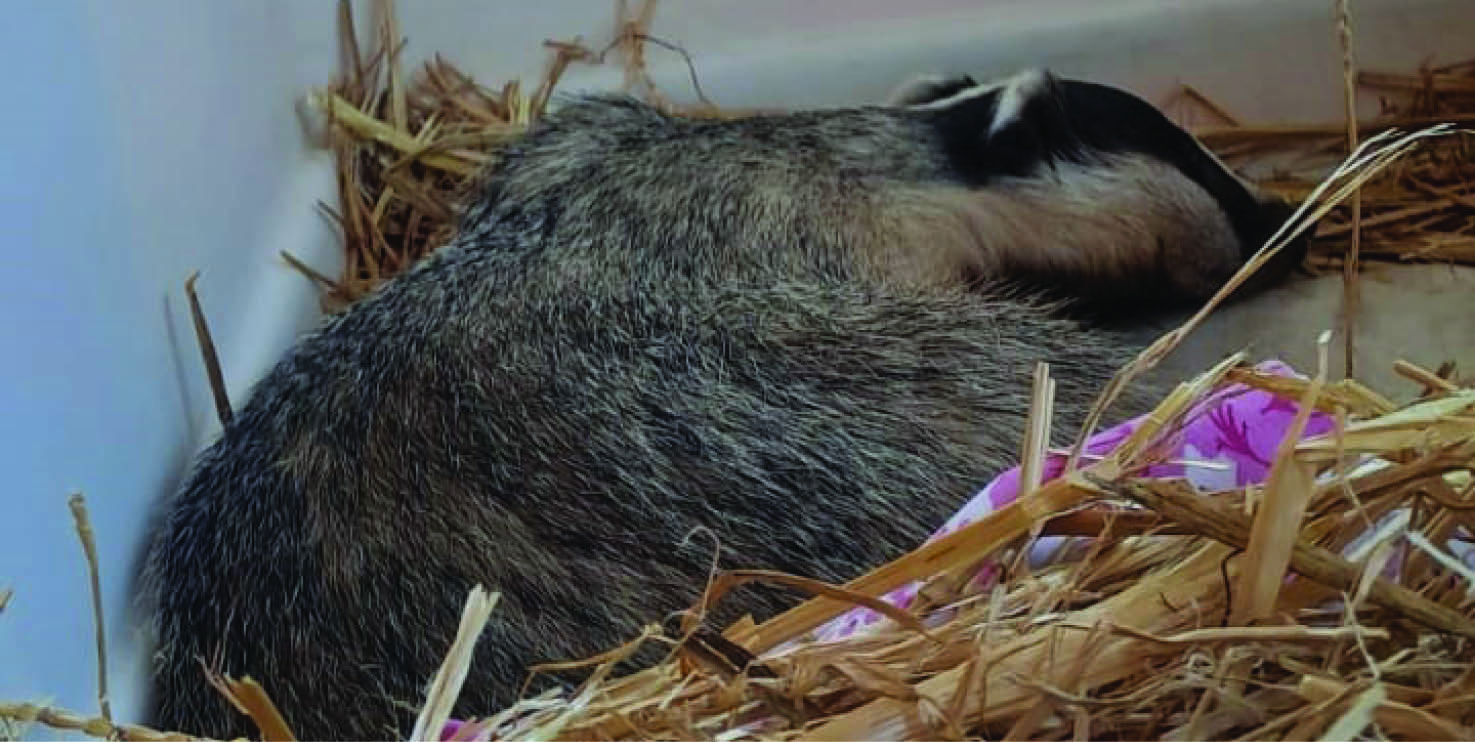
Assisting a badger cub rescue in Israel
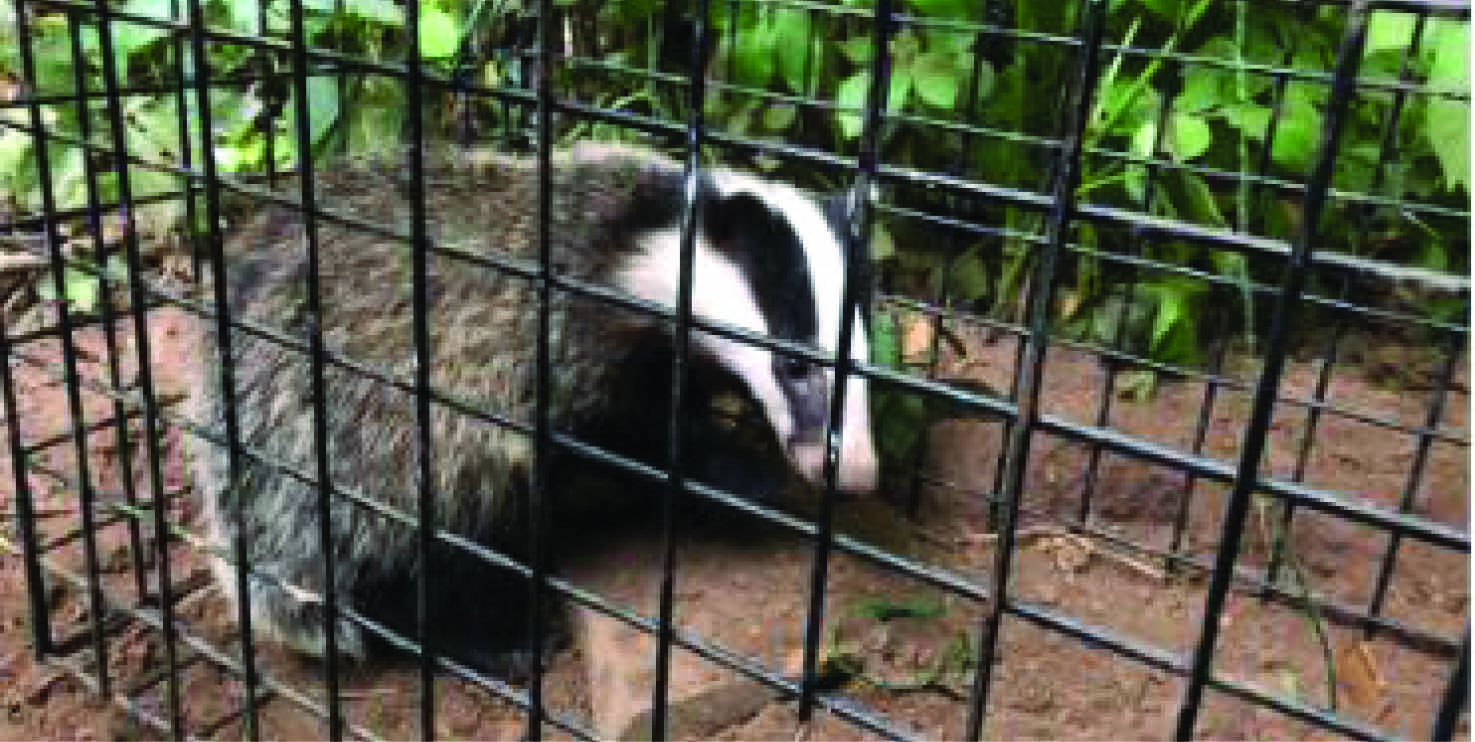
Somerset Badger Group Statement on Badger Cull Targets 2023
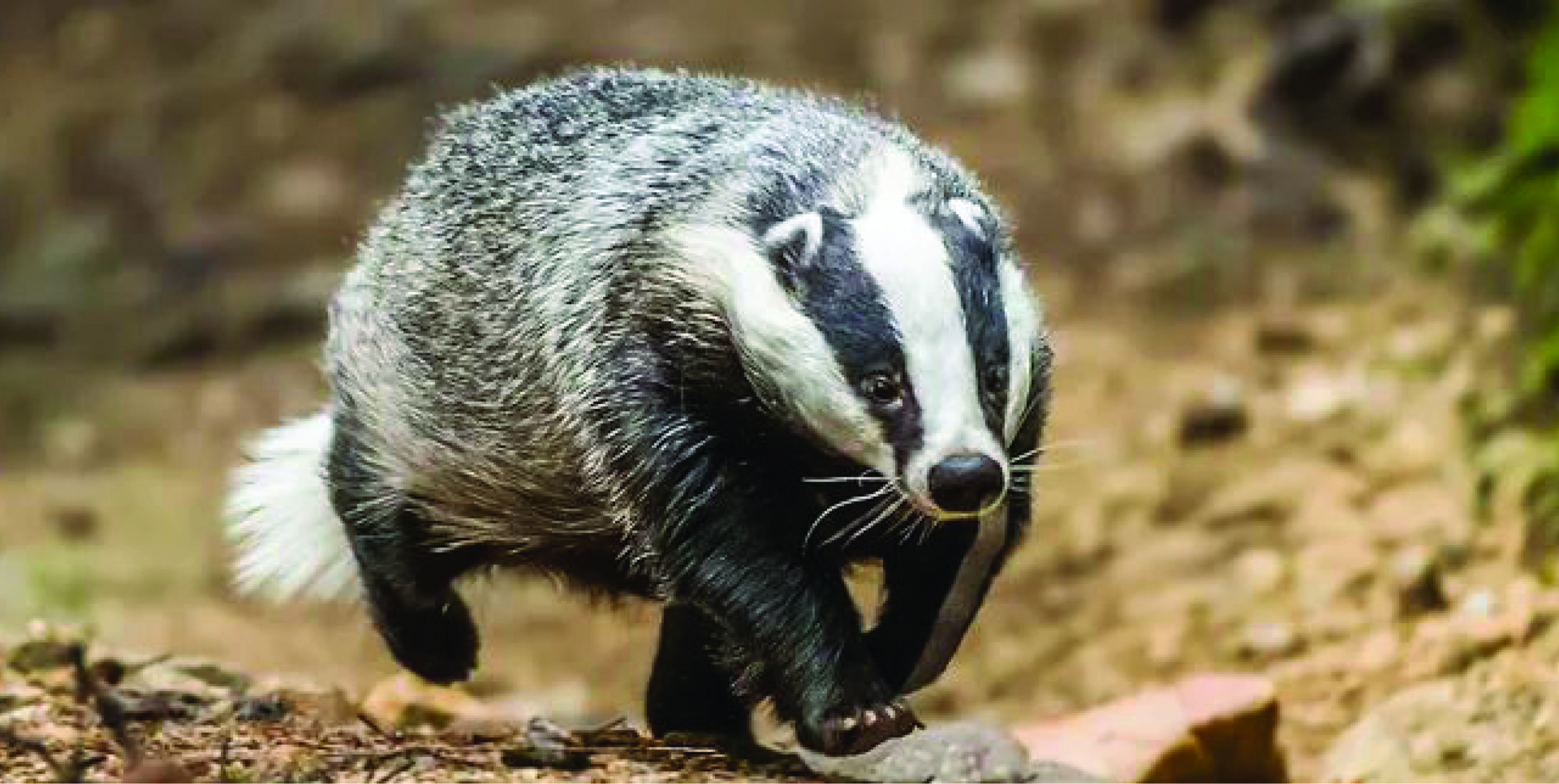
Badger Trust pilot citizen science project The State Of The Badger. Get involved
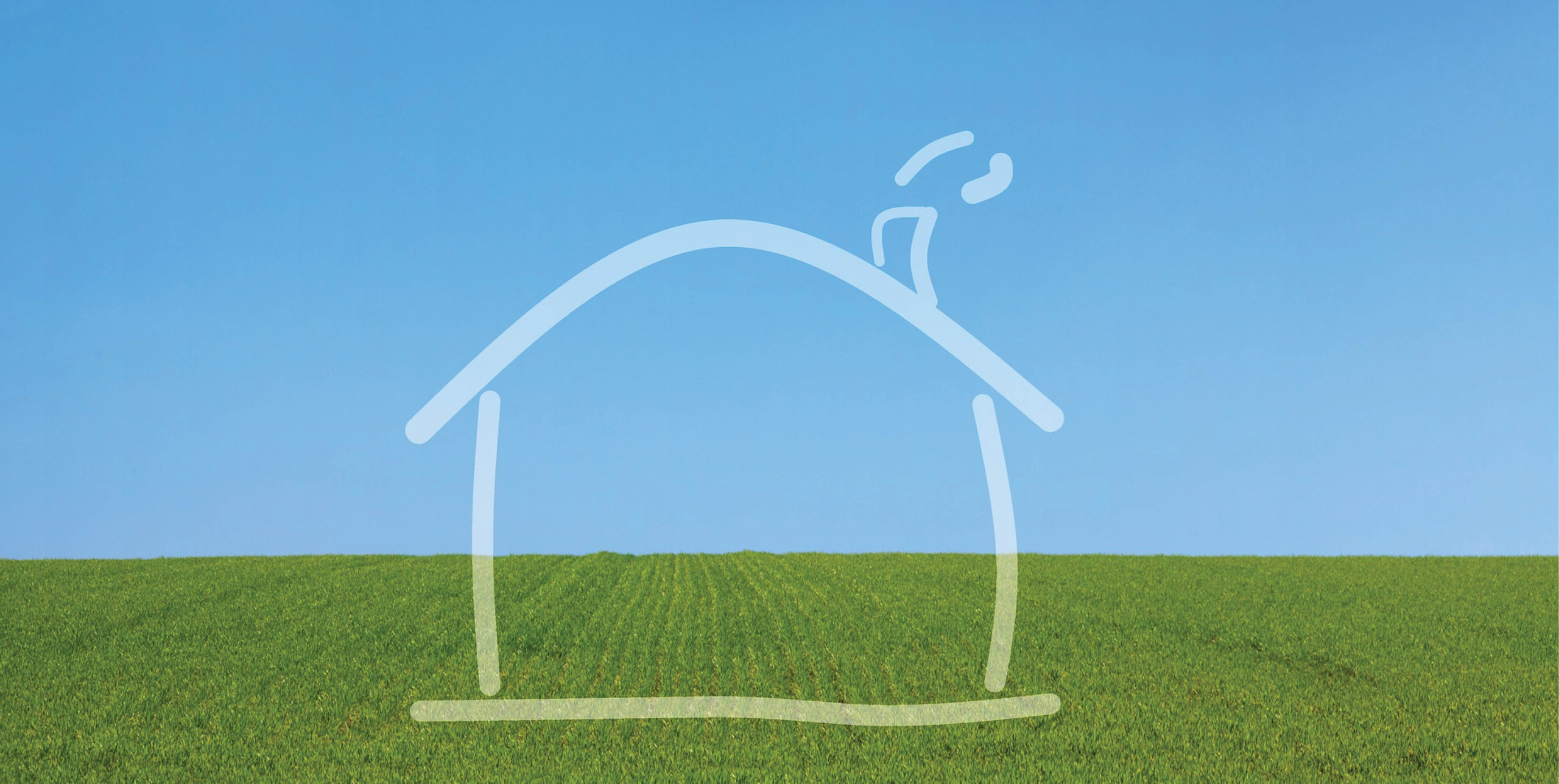
Badger Trust releases updated guidance for developers - September 2023
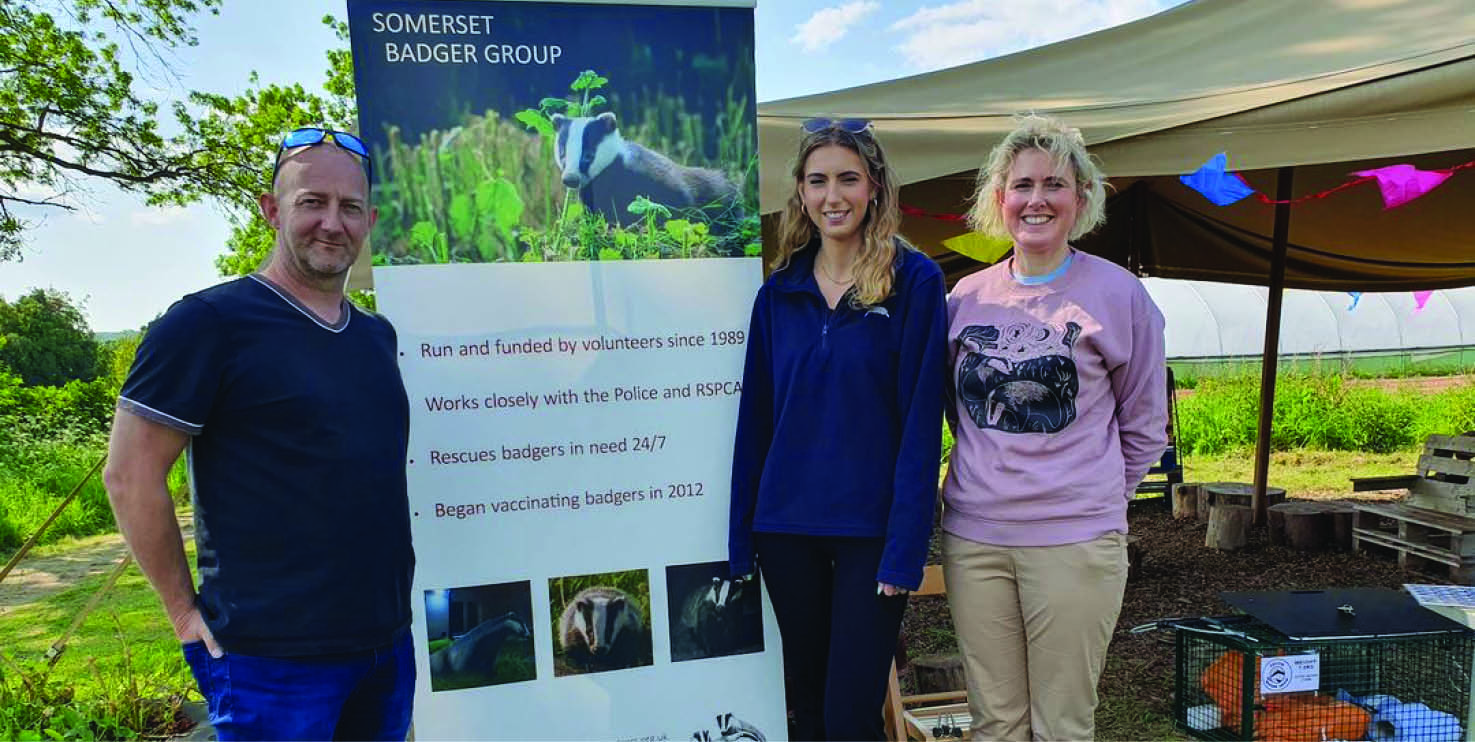
Badger mania at Chew Magna Community Farm
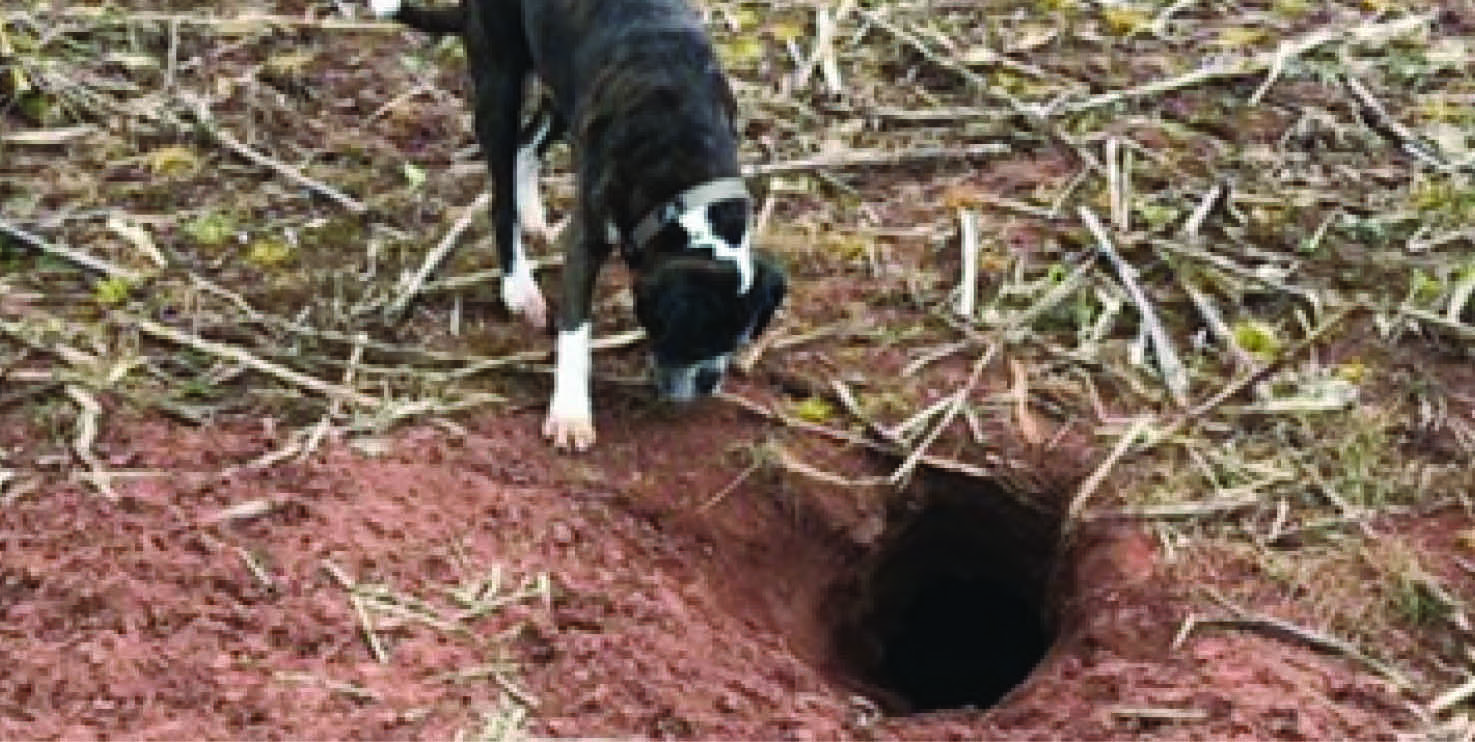
What to do if you find a blocked badger sett
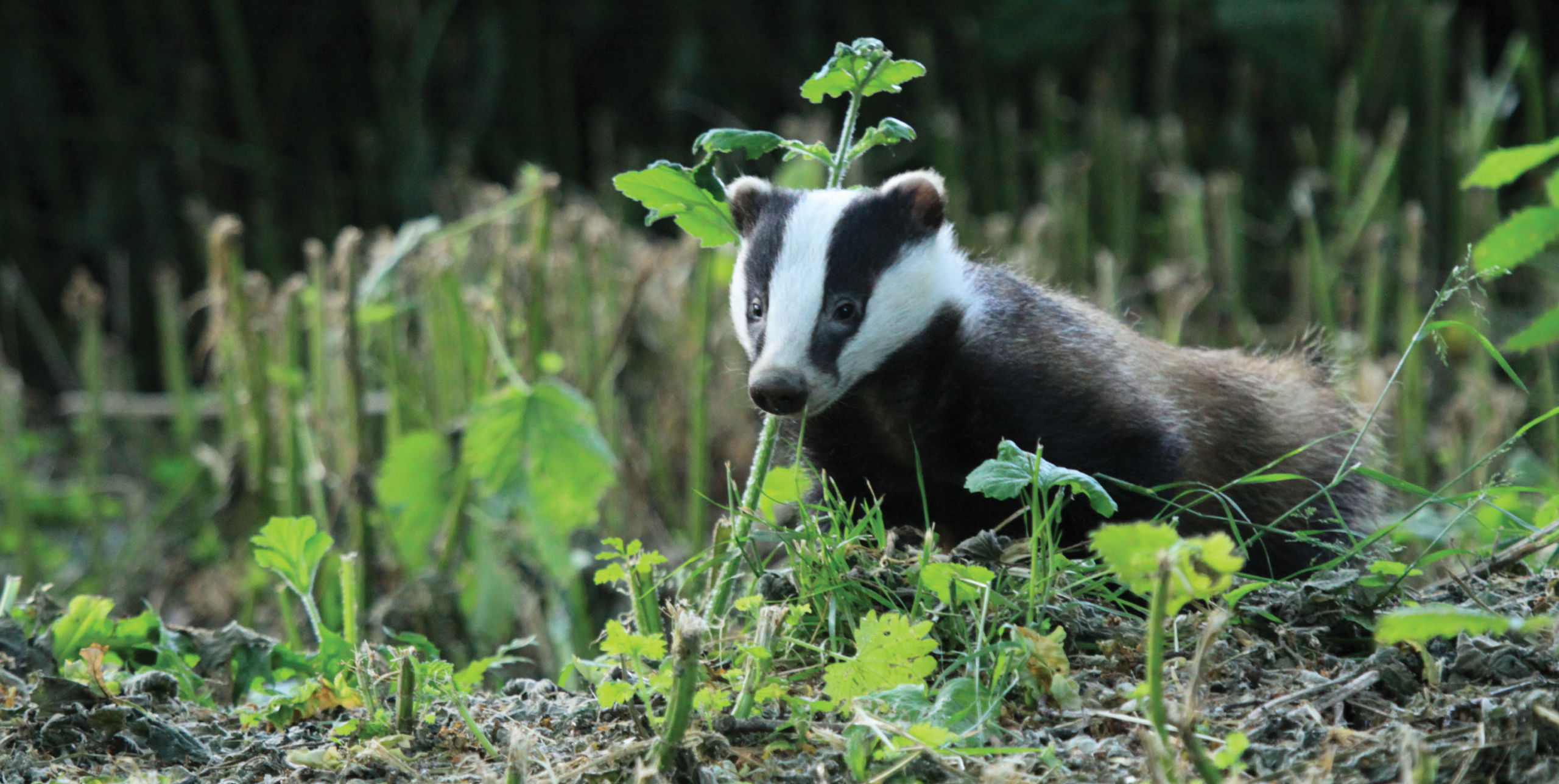
Have you ever wondered what DEFRA, NE, NE stand for? Do you know what these organisations do? Our handy guide will help you
Address: Little Orchard, Park Lane, Carhampton, Somerset, TA24 6NL
Email: info@somersetbadgers.org.uk
Tel: 07850 604585
The money you donate will support the Somerset Badger Group conservation or vaccination programme.
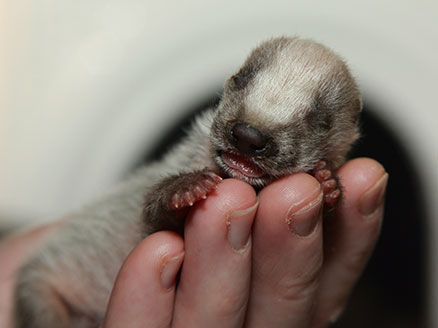
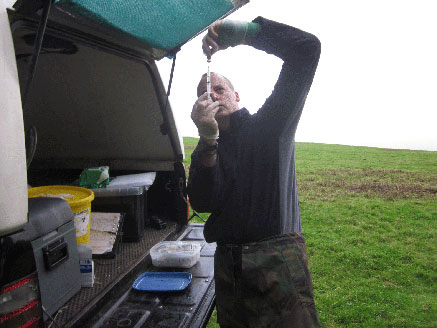
We’d like to credit the photographers who have kindly allowed us to use their photos for the website. They are: Alison Hickman, Dan Belton, Richard Peters and Secret World Wildlife Rescue.
This site uses cookies. By continuing to browse the site, you are agreeing to our use of cookies.
OKLearn moreWe may request cookies to be set on your device. We use cookies to let us know when you visit our websites, how you interact with us, to enrich your user experience, and to customize your relationship with our website.
Click on the different category headings to find out more. You can also change some of your preferences. Note that blocking some types of cookies may impact your experience on our websites and the services we are able to offer.
These cookies are strictly necessary to provide you with services available through our website and to use some of its features.
Because these cookies are strictly necessary to deliver the website, refuseing them will have impact how our site functions. You always can block or delete cookies by changing your browser settings and force blocking all cookies on this website. But this will always prompt you to accept/refuse cookies when revisiting our site.
We fully respect if you want to refuse cookies but to avoid asking you again and again kindly allow us to store a cookie for that. You are free to opt out any time or opt in for other cookies to get a better experience. If you refuse cookies we will remove all set cookies in our domain.
We provide you with a list of stored cookies on your computer in our domain so you can check what we stored. Due to security reasons we are not able to show or modify cookies from other domains. You can check these in your browser security settings.
We also use different external services like Google Webfonts, Google Maps, and external Video providers. Since these providers may collect personal data like your IP address we allow you to block them here. Please be aware that this might heavily reduce the functionality and appearance of our site. Changes will take effect once you reload the page.
Google Webfont Settings:
Google Map Settings:
Google reCaptcha Settings:
Vimeo and Youtube video embeds:
You can read about our cookies and privacy settings in detail on our Privacy Policy Page.
Privacy Policy